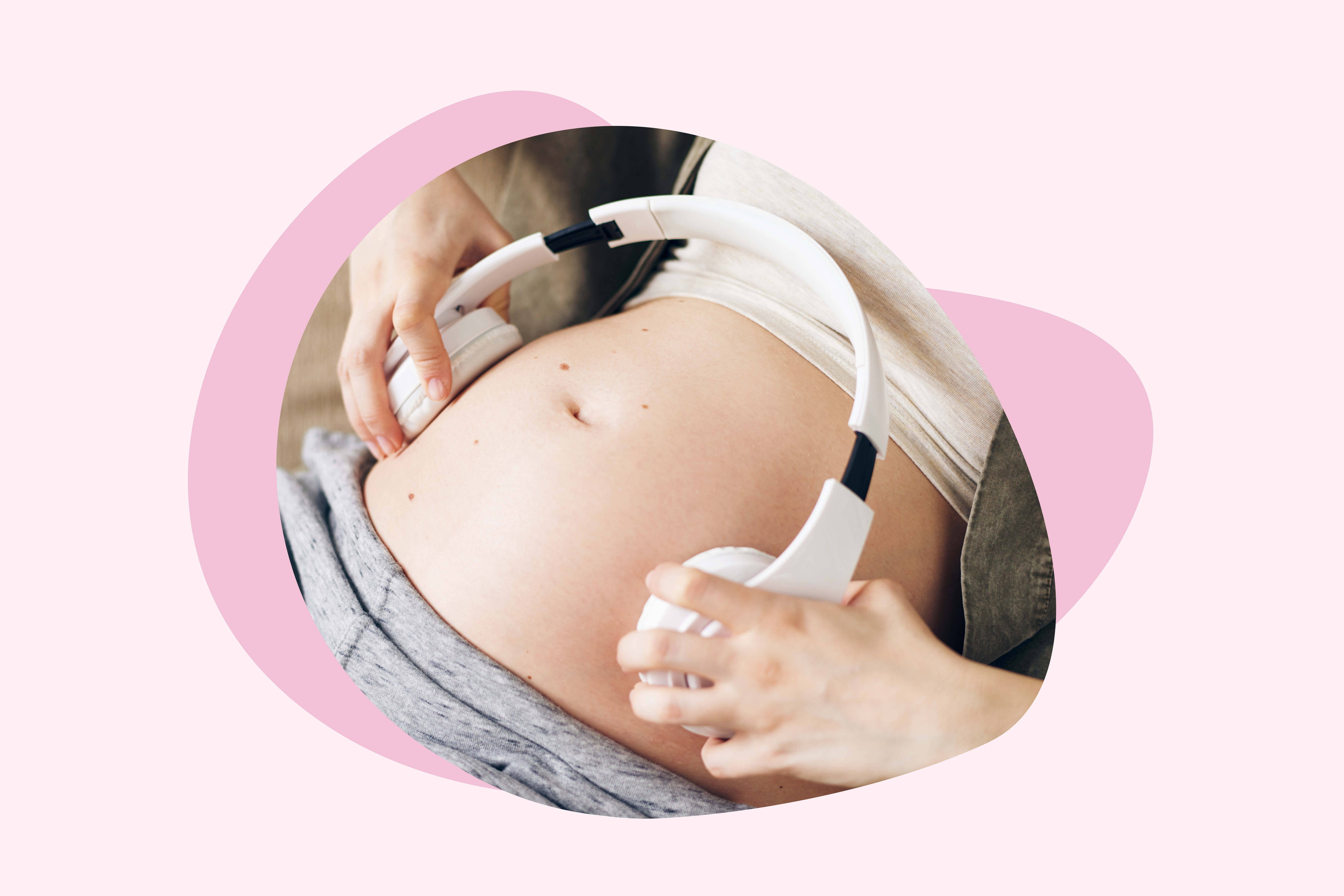10 Ways To Increase Sperm Count
One in six couples experiences infertility and of those, about half are related to male infertility. If you are having issues conceiving your healthcare provider will be able to run tests and take a medical history to help determine what the problem is.

Sperm health
One of the biggest factors in male fertility is sperm health. The quality of sperm is measured by:
- Sperm count – How many sperm in an ejaculation is a good indicator of fertility.
- Sperm motility – Healthy motility is required for sperm to reach and fertilize an egg.
- Sperm structure – Structure seems to be less important for conception, but the more sperm that have the normal shape of an oval head and a long tail the more likely they are to be able to propel themselves towards the egg.
Increasing sperm count
Sperm health can be affected by age, medical conditions, genetics, and lifestyle. While male infertility is not always treatable some cases can be improved with non-medical lifestyle changes.
- Vitamin C supplement
Adequate Vitamin C intake is important for overall health, but studies have shown it is also important for improved male fertility. It asks as an antioxidant to reverse some oxidative damage and lead to improved fertility.
Good sources of Vitamin C include:
- Citrus fruits
- Fruits such as kiwi, strawberries, and melons
- Vegetables such as broccoli, potatoes, tomatoes, peppers, and brussels sprouts
- Products fortified with Vitamin C including cereals, dairy, and supplements (more on male fertility supplements here)
- Get enough zinc
Another antioxidant important to sperm health, low zinc levels have been shown to be a risk factor for low sperm quality. For men the daily recommended dietary allowance for zinc is 11mg per day.
Dietary sources of zinc include:
- Oysters
- Red meat (choose lean cuts) and poultry
- Beans
- Nuts
- Fortified products such as cereals and dairy products
- Avoid heavy alcohol consumption
Heavy alcohol consumption has negative effects on overall health including on sperm. Too many drinks can lead to lower testosterone levels and affect sperm count. According to the CDC up to two drinks per day is moderate consumption for men and hasn’t been shown to have negative effects.
- Vitamin B-12
Vitamin B-12 is important for nerves, blood cells, and DNA development. It plays a vital role in healthy sperm motility, decreased sperm DNA damage, and increased sperm count.
You can get Vitamin B-12 from several sources:
- Clams
- Fish such as sardines, trout, salmon, and tuna
- Beef (choose low fat cuts)
- Eggs, especially the yolks
- Dairy products including milk and yogurt
- Fortified products such as cereals, yeast, and non-dairy milks
- Coenzyme Q10
This is an important enzyme for all cells, but studies have shown it specifically increases seminal concentration and sperm motility in males suffering from infertility. Coenzyme Q10 is made in your body and available as a supplement.
There are also many food sources:
- Fish such as trout, sardines, and herring
- Vegetables including spinach, cauliflower, and broccoli
- Vegetable oils such as soybean and canola
- Nuts and seeds
- Legumes
- Omega-3 fatty acids
Fatty acids such as Omega-3 play an important role in sperm health including increased sperm count, better motility, and morphology. Increasing omega-3 intake is possible through over the counter supplements, but also through many dietary sources.
The most common source is fatty, oil fish such as mackerel, salmon, and sardines. It can also be found in oysters, shrimp, and seaweed. It can easily be added to items you make at home through chia seeds, flaxseed, and walnuts.
- Folic Acid
Folic acid is another important B vitamin related to fertility. Low levels have been shown to be related to DNA damage in sperm and lower sperm counts. Given its importance in overall health it is found in many fortified and enriched products such as flour, pasta, and cereal.
Non-fortified food sources include:
- Leafy greens such as spinach and romaine lettuce
- Citrus fruits
- Legumes and nuts
- Whole grains
Adding folic acid to the household diet has the added benefit of ensuring the mother trying to conceive has adequate amounts in her diet should she become pregnant.
- Avoid hot tubs while trying to conceive
Exposure to high heat such as that in hot tubs or very hot baths can lead to a temporary decrease in sperm count. Avoiding repeated use of a hot tub while trying to conceive is the best option. Most studies show that sperm count returns to normal after non-use for several days.
- Review your prescription medications
Studies have shown that certain prescription medications can cause temporary infertility by lowering sperm count or motility. If you take antidepressants, anti-androgens, anabolic steroids, or calcium channel blockers and experience infertility it might be time to review your medications with your doctor.
Some men have seen a return of normal sperm health when they stopped taking medications that were causing the issues. It is best to discuss this with your doctor to decide if this could be a factor and whether ending the medication is an option.
- Lead a healthy lifestyle
Overall the best way to improve sperm health is by living a healthy lifestyle. Get regular exercise, follow a healthy diet, get plenty of rest, don’t smoke, and reduce stress when possible.
If you and your partner are having issues conceiving it is best to speak to your doctor. They will recommend tests including semen analysis to narrow down what the causes of infertility may be. They will also recommend possible therapies and lifestyle changes to increase your chances of natural conception.
Mira’s Editorial Process
All content produced by Mira meets stringent editorial standards, ensuring excellence and accuracy in language and medical precision. Every piece undergoes thorough fact-checking and review by qualified professionals. Check out our full editorial process to learn more.










